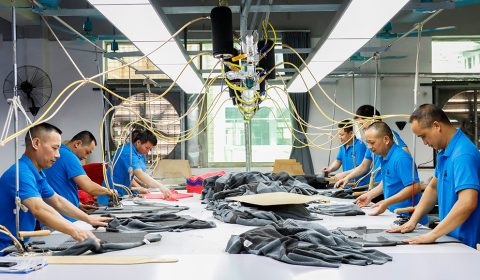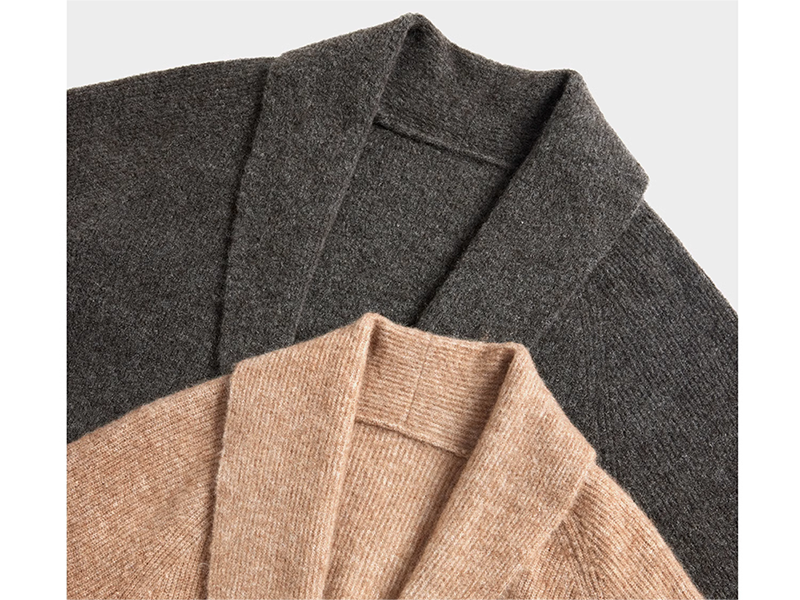The importance of yarn in cultural heritage
The way yarn is made is often rooted in a particular culture and geography. For example, Alpaca wool yarn from the Andes mountains in South America is known for its softness and warmth, which reflects the wisdom of the local people in fighting the cold climate. This traditional method of yarn making is seen as respecting and adapting to nature, carrying the values of dependence on nature.
In some cultures, the dyeing of yarn reflects social structure and identity. India’s handmade textile tradition, for example, gives importance to textile craft families and communities, and yarn colors and patterns convey cultural, religious, and social messages. This cultural tradition emphasizes social cohesion and the meaning of community.
Traditional yarn-making often focuses on renewable materials and craftsmanship, in keeping with the modern world’s desire for sustainability. When choosing yarn, more and more people are considering its ecological friendliness, which reflects the emerging values of environmental protection and sustainability.
Yarn is not only a fashionable material, but also a dynamic inheritor of cultural heritage. It carries traditional skills, social values and a belief in sustainability, passing on these valuable cultural elements to a new generation through the art form of textiles, making yarn a meeting point for culture and fashion.
The positive impact of sustainable yarn production on cultural preservation
Sustainable yarn production helps preserve and pass on traditional handicrafts. In many cultures, yarn making is an ancient art, passed down from generation to generation. By adopting sustainable production methods, these crafts are sustained, not only preserving valuable cultural skills, but also providing sustainable livelihoods for the artisans. This heritage helps to ensure that the fundamental nature of the culture is not forgotten.
Sustainable yarn production emphasizes the use of environmentally friendly materials and production methods, helping to protect natural resources and the environment. This is especially important for cultures that rely on natural materials, as they encourage people to be more appreciative and protective of the environment. Protecting the environment is a culture in itself, and sustainable yarn production is an important part of achieving this.
Sustainable yarn production also offers opportunities to promote exchange and cooperation between different cultures. By adopting sustainable production methods, the yarn supply chain is becoming more transparent and global. Such global cooperation facilitates interaction between cultures and promotes cultural diversity and richness.
Sustainable yarn in modern applications
Sustainable yarns are already making their mark in the fashion world. More and more designers and brands are choosing to use sustainable yarns for their clothing and accessories. These yarns provide not only high quality material, but also the comfort and aesthetics of natural fibers. Whether making comfortable everyday clothing or fashionable high-end designs, sustainable yarn can meet different needs.
The application prospect of sustainable yarn in modern textile industry is broad. As technology continues to advance, the quality and performance of sustainable yarns will continue to improve, providing more opportunities for designers and manufacturers to innovate. Meanwhile, consumer demand for sustainability will continue to drive the market growth of sustainable yarns.




 English
English Deutsch
Deutsch Français
Français Italiano
Italiano Español
Español Русский
Русский Polski
Polski Nederlands
Nederlands Svenska
Svenska

